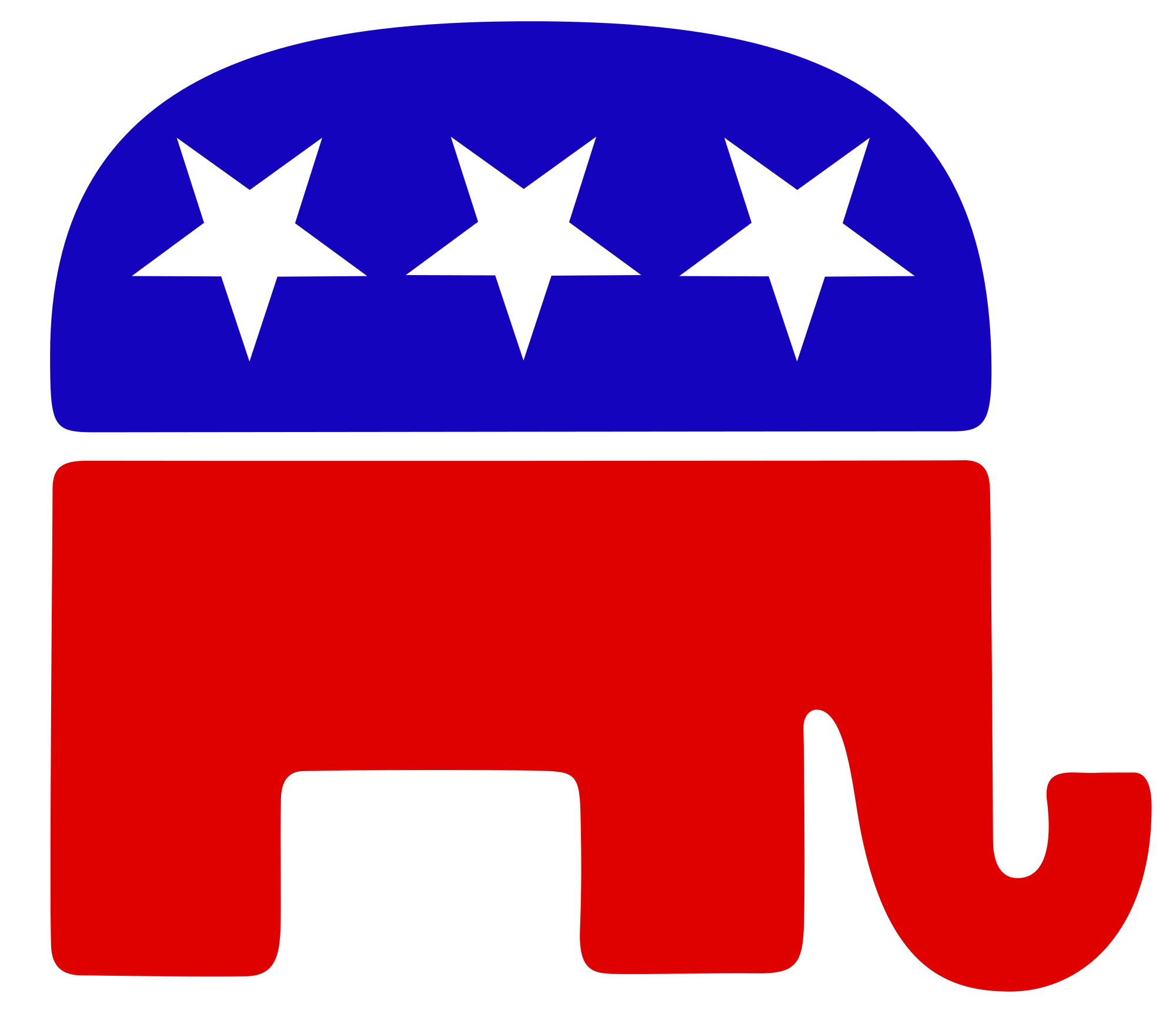The Republican Party is also known as the Grand Old Party (GDP). The Republican Party and the Democratic Party are two main contemporary political parties in the USA (United States of America).
History of Republican Party
The Republican Party was set up by the opponents of the Kansas–Nebraska Act in 1854. The Act allowed for the expansion of slavery into certain territories of the USA. The GOP advocated for classical liberalism and economic reform but was dead against the expansion of slavery.
Abraham Lincoln was the first Republican candidate elected as the President of America. Under the leadership of Abraham Lincoln, the Republican Congress passed a bill in 1865 to ban slavery in America.
After 1912, the GOP showed their ideological leaning towards the right. American conservatism has emerged as the new ideology of the 21st century Republican Party. The idea of conservatism includes both social values and economic policies. The Republican Party is a staunch supporter of tax reduction, increased military expenses, restrictions on labor unions and abortions, restrictions on immigration and gun rights. The party was dedicated to tariffs and protectionism at its founding though in the 20th century, it became more supportive of free trading.
Till date, 19 Republican members have become US presidents, including Donald Trump, the incumbent president. This number is the highest from a single political party.
Economic Policy
Republications believe that individual achievements and free markets are the main factors behind economic growth and development. During Democratic administration, Republicans frequently support fiscal conservatism. However, after coming into power, they have expressed their willingness to add to federal debt. Despite their promise to cut corners on government spending, the Republican Administration has maintained the previous levels of government expenditure since the late 1960s.
Modern Republicans support supply-side economics based on the theory that lower tax rates fuel economic growth. Many Republicans are against imposition of higher tax slabs for higher income groups as they think such a practice targets those who create jobs, opportunities and wealth for others. They are also of the view that private spending procedures better outputs than government spending. Republican lawmakers are also in favor of restricting funds for tax collection and tax enforcement.
According to Republicans, individuals should own up to their responsibilities for what they bring upon them. They believe the private sectors are more efficient in helping the poor via charity if compared to what the government sector can achieve through their welfare program. Furthermore, they firmly believe that social assistance programs are reasons for increased government dependency that will never bode well for the country.
Most Republicans are not in favor of a rise in the minimum wage. They believe such an increase leads to job cuts in the country and pushes the industry for outsourcing. Furthermore, the Republicans think that a rise in minimum wage might force the manufacturers to shift the burden of increased production cost to the consumers and therefore, the overall picture looks gloomy for both the entrepreneurs and end-users.
Immigration Policy
Republicans are divided on their views about how to deal with immigration issues between allowing migrant workers to come to the USA and creating a path to grant citizenship to the undocumented immigrants vs taking a firm stand on securing the border and expelling illegal migrants.




